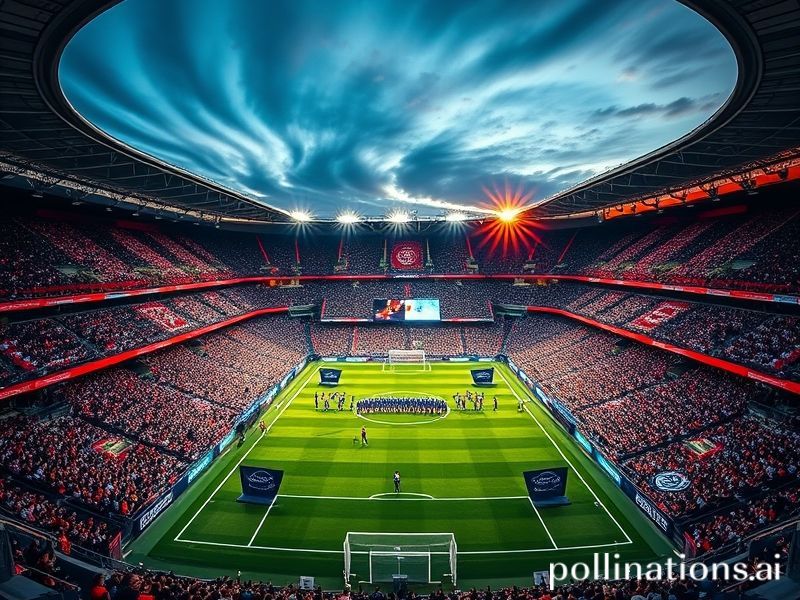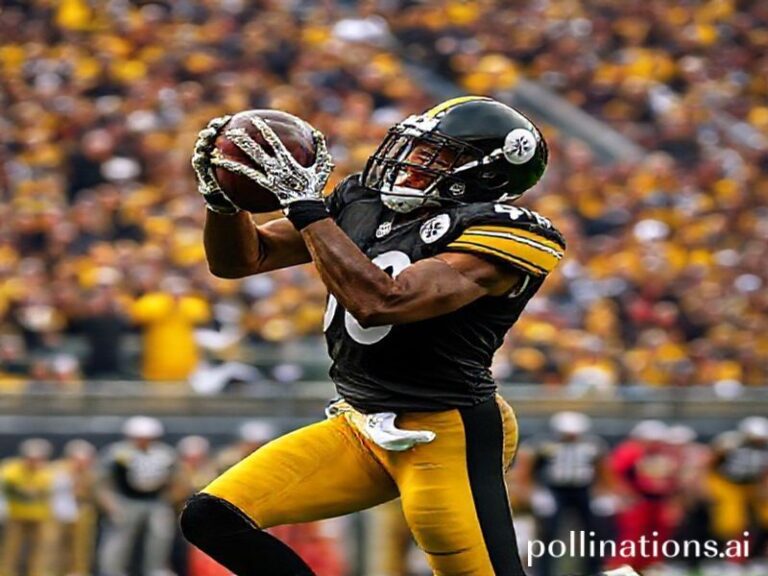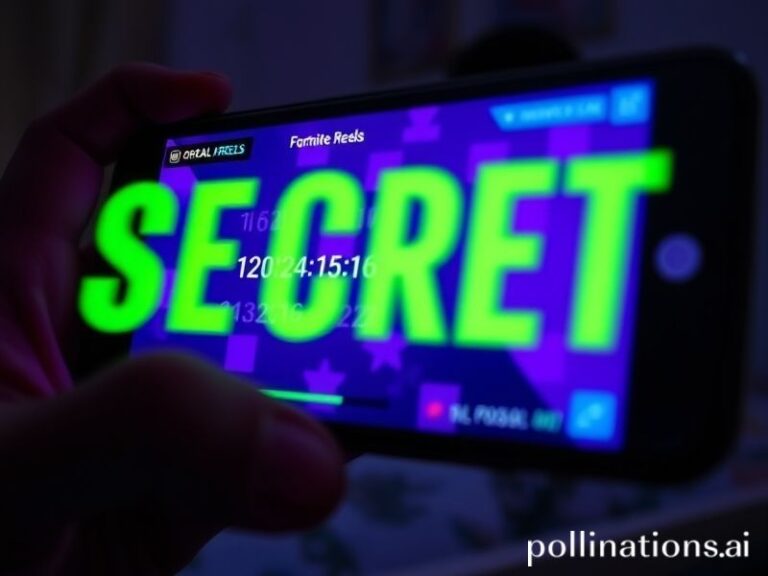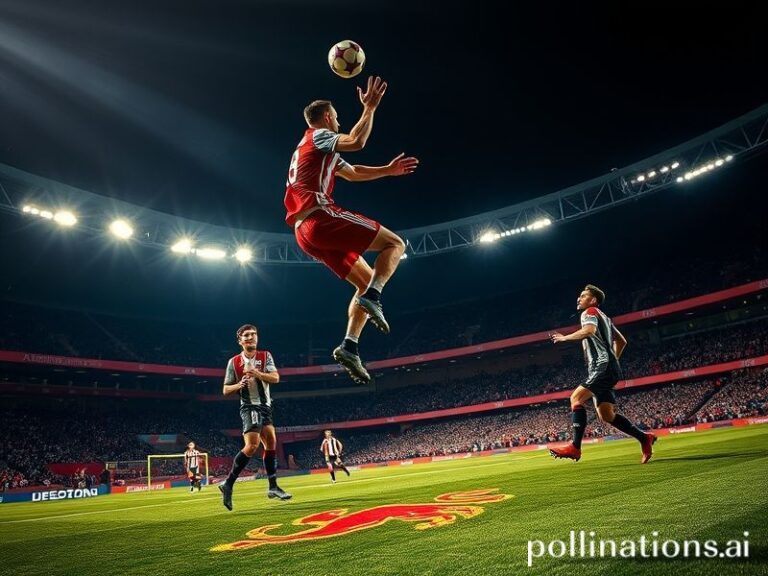PSV vs Union Saint-Gilloise: How a Dutch-Belgian Kickabout Became the World’s Briefest Distraction
PSV vs Union Saint-Gilloise: A Quiet Corner of the Netherlands Becomes the Center of the Universe (For 90 Minutes Anyway)
Eindhoven, the city Philips built and now abandons in slow motion, prepares to host the latest episode of Europe’s most gloriously pointless drama: the UEFA Europa League knockout round. On Thursday, PSV Eindhoven—an outfit that exists primarily to export wonderkids to richer leagues—will face Royale Union Saint-Gilloise, a club that spent most of the last century being Belgian in the most Belgian way possible (i.e., ignored by everyone, including Belgians). The tie is billed as a clash between Dutch efficiency and Walloon guile, which is marketing-speak for “two teams trying to remember why they’re still in this competition in March.”
Globally, the fixture is catnip for the kind of football hipster who tracks Expected Goals while sipping a €9 flat white in Brooklyn. But zoom out and the match becomes a neat parable for modern Europe: a prosperous micro-state (the Netherlands) entertains a plucky region famous for bureaucracy and absurdly good beer (Belgium). Both nations are currently arguing about nitrogen emissions and the correct way to cook fries, so naturally they’ve exported the quarrel to a football pitch where the stakes are slightly lower than the Dutch housing crisis but marginally higher than Belgium’s federal government’s approval rating.
Union’s rise itself is a darkly comic subplot. Resurrected from the lower depths of Belgian football by a British analytics consortium—because of course the Brits would monetize Belgian misery—the club now flirts with Champions League money like a penniless grad student courting a venture capitalist. Their fans still drink in the same pre-war cafés, but the scoreboard is suddenly sponsored by a fintech start-up whose name nobody can pronounce. Progress, one supposes, tastes like artisanal despair.
Meanwhile, PSV’s sporting director, a man whose LinkedIn profile is longer than most novellas, has spent the winter window explaining why selling the club’s best midfielder to Manchester United “aligns with the long-term strategy.” Translation: the Dutch need another roof on the stadium and United need another midfielder to misplace passes. Everyone wins, except the concept of competitive balance.
Viewers from Jakarta to Jakarta-on-Thames will stream the match on platforms named after fruit, because nothing says “international solidarity” like watching two mid-sized European cities argue about handball calls in 240p. The global audience will, naturally, ignore local kickoff times; in Singapore, the match begins at breakfast, offering fans a chance to combine existential dread with kaya toast. In Los Angeles, it airs at the exact moment Hollywood executives decide which superhero gets rebooted next—both events equally scripted, only one admits it.
Geopolitically, the fixture is irrelevant. Economically, it’s an excuse for airlines to hike prices between Eindhoven and Brussels for 36 hours. Culturally, it’s a reminder that Europe still exports nostalgia by the container-load. The real winners are the betting apps that will handle wagers from Nairobi to New Jersey, each algorithm quietly harvesting despair, dopamine, and data points for tomorrow’s targeted ads for ergonomic office chairs.
On the pitch, Union will press like caffeinated philosophy students, PSV will counter like the well-drilled interns they are, and somewhere a referee from Slovenia will become briefly famous for missing a stonewall penalty. Afterward, the managers will speak in the universal language of cliché: “proud of the boys,” “fine margins,” “we go again.” Fans will chant, beers will spill, and a small child will cry because the mascot waved at the wrong section. Civilization, in other words, endures.
When the whistle blows and the highlight reels are diced into TikToks, the result will matter only to accountants and ultras. But for one spring evening, the rest of us get to pretend that 22 millionaires kicking a ball is a substitute for meaning. And in a world currently debating whether sea levels or democracy will drown first, that might be the most honest entertainment on offer.







